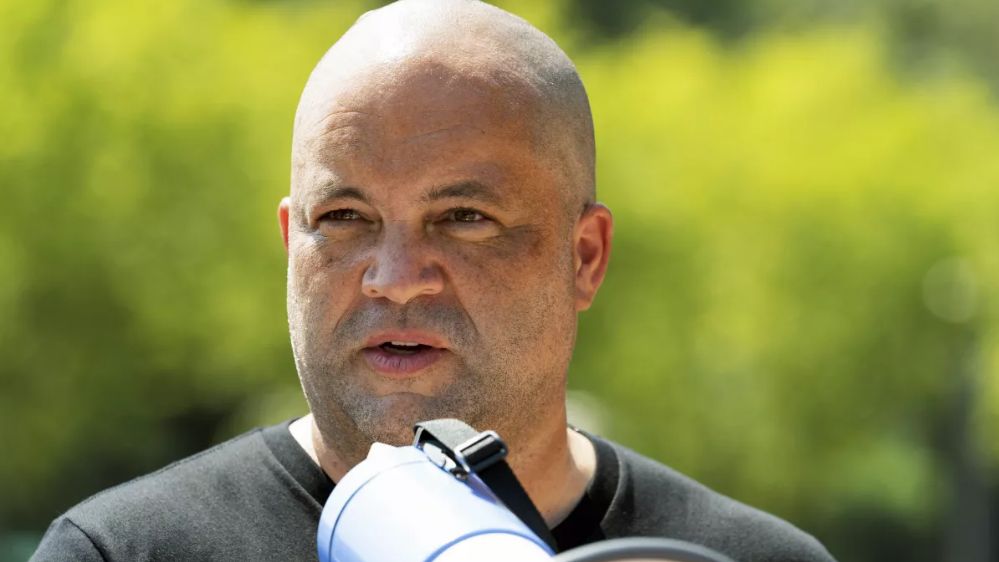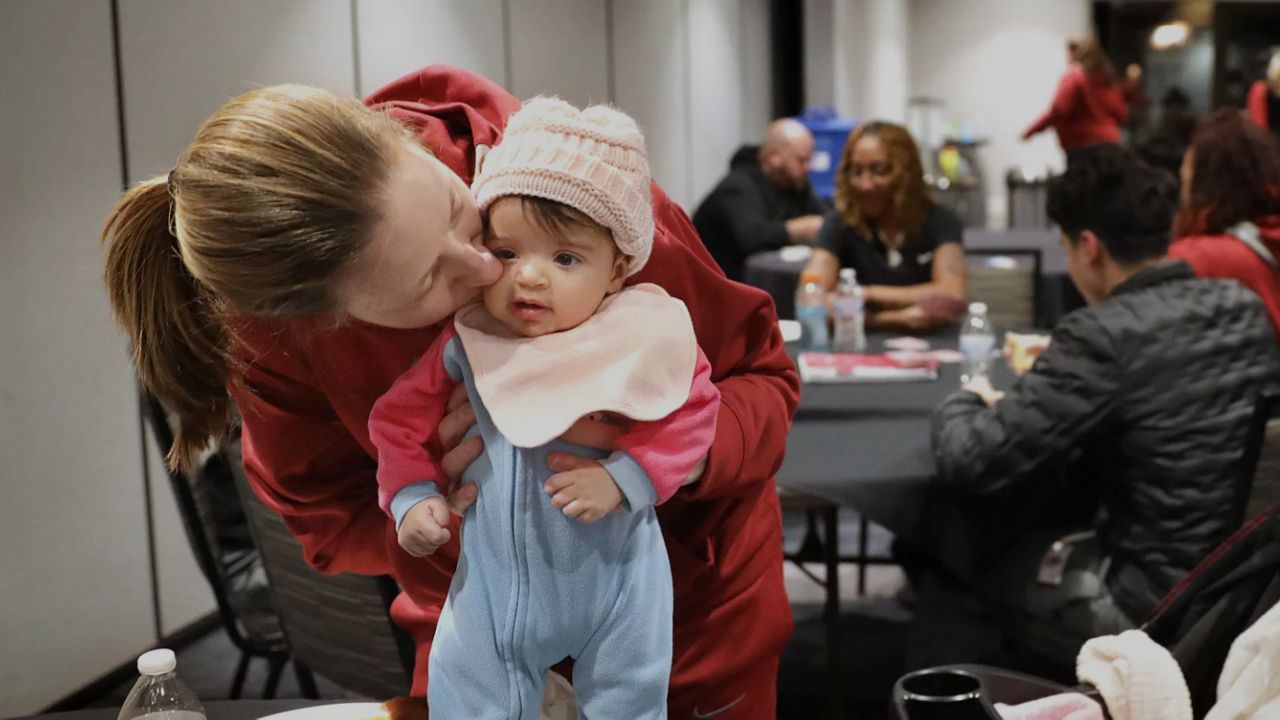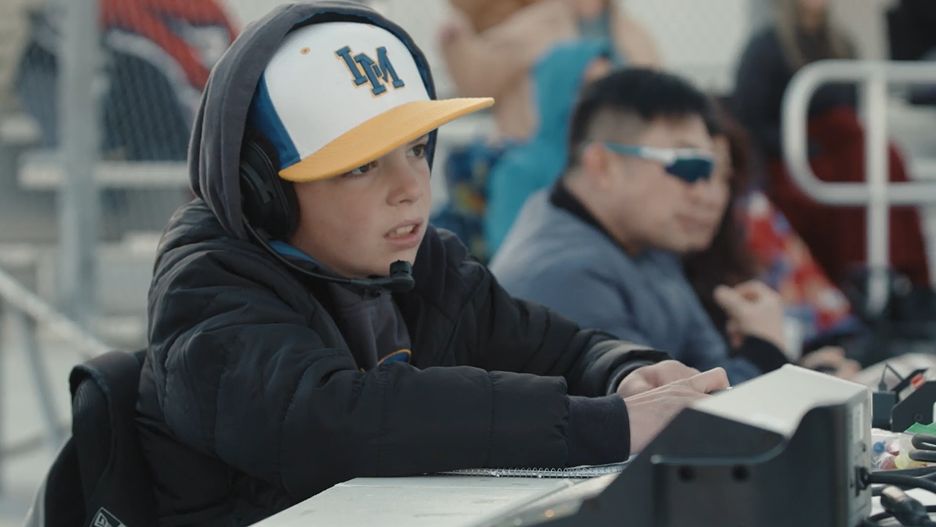A stunning new statistic last month from the Centers for Disease Control and Prevention: more than 100,000 people died of drug overdoses in the U.S. in just 12 months that ended last April. The driving cause, the opioid crisis, with synthetic opioids, primarily fentanyl, caused nearly two-thirds of the deaths. As crime reporter Richard Winton wrote, there are calls to prosecute drug dealers for murder.
In an interview for "LA Times Today," Winton joined host Lisa McRee and Amy Neville of Orange County, who tragically lost her son to the epidemic.
The opioid crisis began in the early 2000s, and the number of cases was low compared to recent years.
"In 2017, Riverside County had two deaths related to fentanyl. By the end of this year, they may have 600, for this year alone; that gives you the idea of the expansion and how rapidly this problem has evolved," Winton said.
Many deaths are related to a single pill that is often from the black market. And Winton said people believe they are buying one thing, but fentanyl is turning up in almost anything.
"Anything which isn't coming directly from their doctor could have fentanyl.""Anything which isn't coming directly from their doctor could have fentanyl. Therefore, the potentially deadly effect here is off the scale. We're not talking about a traditional drug issue, and it's limited to people taking heroin; this is reaching into everyone who potentially could be buying," Winton said. "Anything which isn't coming directly from their doctor could have fentanyl."
Amy Neville, who lost her son Alexander to the epidemic, said he was a typical 14-year-old teen who loved skateboarding.
"One of Alexander's outstanding personality traits was the fact that he was deeply curious about the world around him. Starting from a very young age, he would learn about things intensely and share that information with others. He loved American history, and unfortunately, drugs were no different. He had a deep curiosity about wanting to experiment. And unfortunately, during the pandemic, boredom set in, and he reached out to a dealer through social media and was able to receive something quickly, and that pill took his life. He was only 14 years old. He took a pill one night, and I found him on the floor of his bedroom the following morning," Neville said.
There is a growing movement among prosecutors who say that the people who supply these drugs could be prosecuted for these deaths and charged with murder.
"What we see in Southern California and across the country, is that the prosecutors are stepping up. And they are deciding, if you are a drug dealer and you deal with these drugs and they have fentanyl, and there are deaths, we will come out to you, and we will make you pay for it with a murder charge. Now, Riverside County pioneered a lot of this. They've already filed seven murder cases in Riverside. Mike Hestrin, the DA there, sought out to prove that there was a second-degree murder in most of these cases of negligence, where they should have known that they were perhaps selling drugs that had fentanyl in, and they knew what it could do. In Orange County, Todd Spitzer is seeking to move that slightly more, and he's expanding it beyond fentanyl," Winton added.
After her son's death, Amy Neville found out that the dealer who provided the pill to her son also provided drugs to two other people who died.
"So, shortly before Alexander died, another young man died in the dealer's apartment, right in front of the dealer. So, when this dealer sold to Alex, he knew that his drugs were deadly; he saw it firsthand. And then, once Alex died about a week and a half later, he sold to another young man named Hector, who also passed away. And those are the three that I can connect with right now. Unfortunately, a lot of people won't talk about this issue. Families that have lost their kids won't talk about this issue," she said.
Amy Neville said it's essential to hold dealers accountable, especially in cases where there are multiple deaths.
"Sen. Bradford said some of the culpability needs to be held on the user. And, in a case like this, I would disagree with that. One pill should not kill somebody. If Alexander got the oxycodone he believed he was getting, he would be alive. It would not have killed him. So, there must be a line in the sand somewhere that says enough is enough with these drug dealers. But on top of that, we also need large-scale awareness that being aware of fentanyl when Alexander died would have saved his life; we would have known something. You know, long story short, we knew Alex had been experimenting for a few days; he told us. We called out, we called the police for help, and they needed to call us back. And he died in that 24-hour period where we were waiting for that help to come," Amy Neville said.
Watch "LA Times Today" at 7 and 10 p.m. Monday through Friday on Spectrum News 1 and the Spectrum News app.











